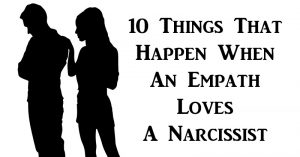An article published in one of the leading bar journals discussed the use of social media postings as evidence in court cases. The article happened to concern a criminal case, where a Facebook posting allegedly made by a defendant using his mother’s Facebook page had statements from the defendant admitting to the time, place and means of the crime. Certainly Facebook and other social media are much more often employed these days in divorce and child custody cases, where parents try to assemble negative information and evidence concerning their spouse’s behaviors, infidelity, or use the social media platforms to stalk or otherwise gather information about their former partners and their habits and behaviors.

Whenever evidence is to be used in a court hearing, the evidence must meet certain tests for reliability. One does not have to be a forensic IT expert to know that a fraudulent Facebook page or identity can be created, or that a post can be posted by someone claiming to be another person. Because of the nature of this possible lack of trustworthiness, courts have struggled to define the foundations that must be laid in order to admit social media evidence.
Social media evidence has garnered the most distrust. As one court explained, “[t]he concern arises because anyone can create a fictitious account and masquerade under another person’s name or can gain access to another’s account by obtaining the user’s username and password.” Another concern is that regardless of whether the information is genuine or fabricated, it is “available by performing a Google search… forever,” giving the impression that it is accurate and true. Griffin v. State, 19 A.3d 415, 421-22 (Md.) Generally, a witness authenticating electronic evidence must “provide factual specificity about the process by which the electronically stored information is created, acquired, maintained, and preserved without alteration or change, or the process by which it is produced if the result of a system or process that does so.” As pointed out by Griffin, the “most obvious method [of authentication] would be to ask the purported creator if he/she indeed created the profile and also if she added the posting in question.” Id.
 Illinois Divorce Lawyer Blog
Illinois Divorce Lawyer Blog





